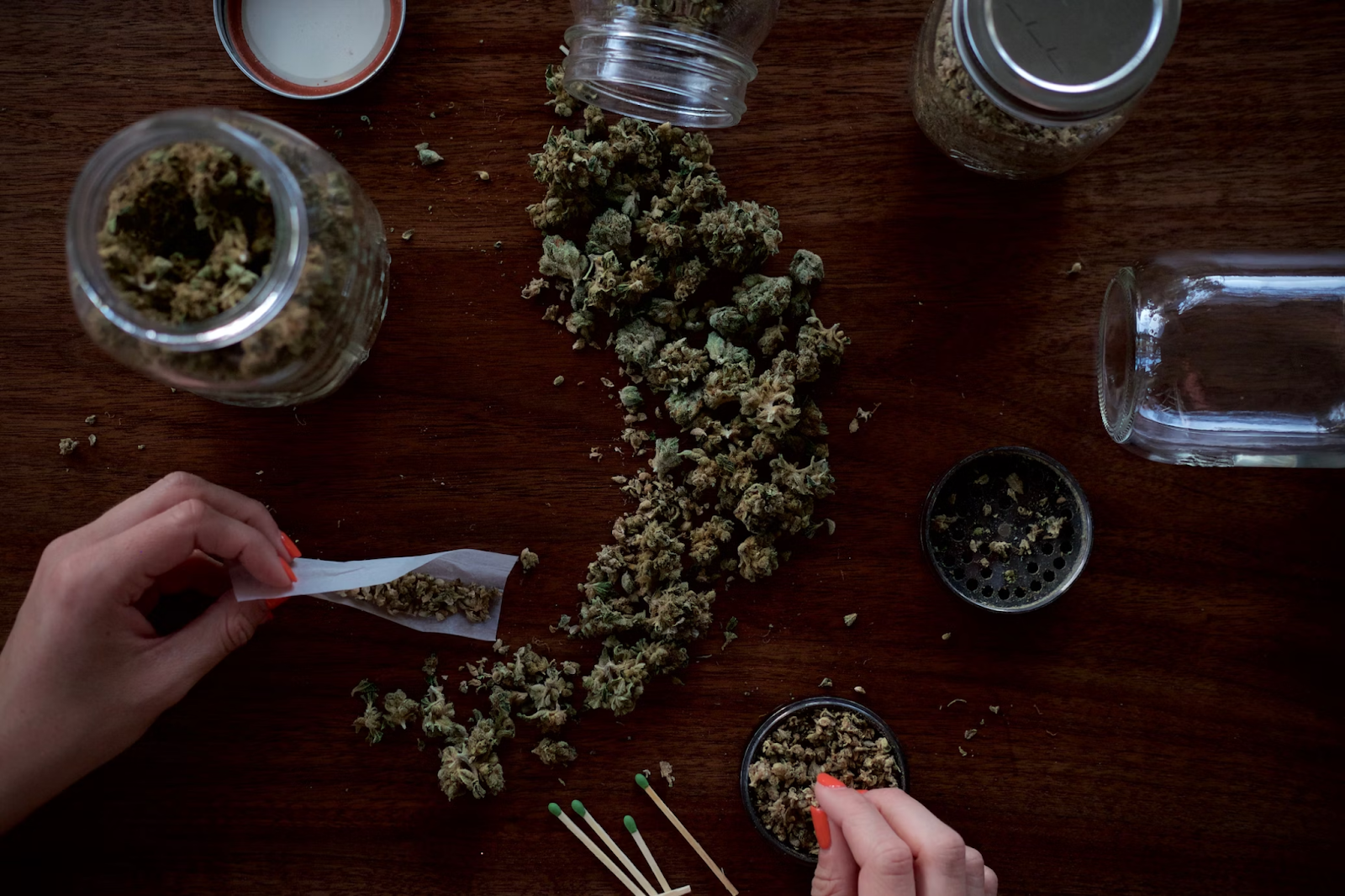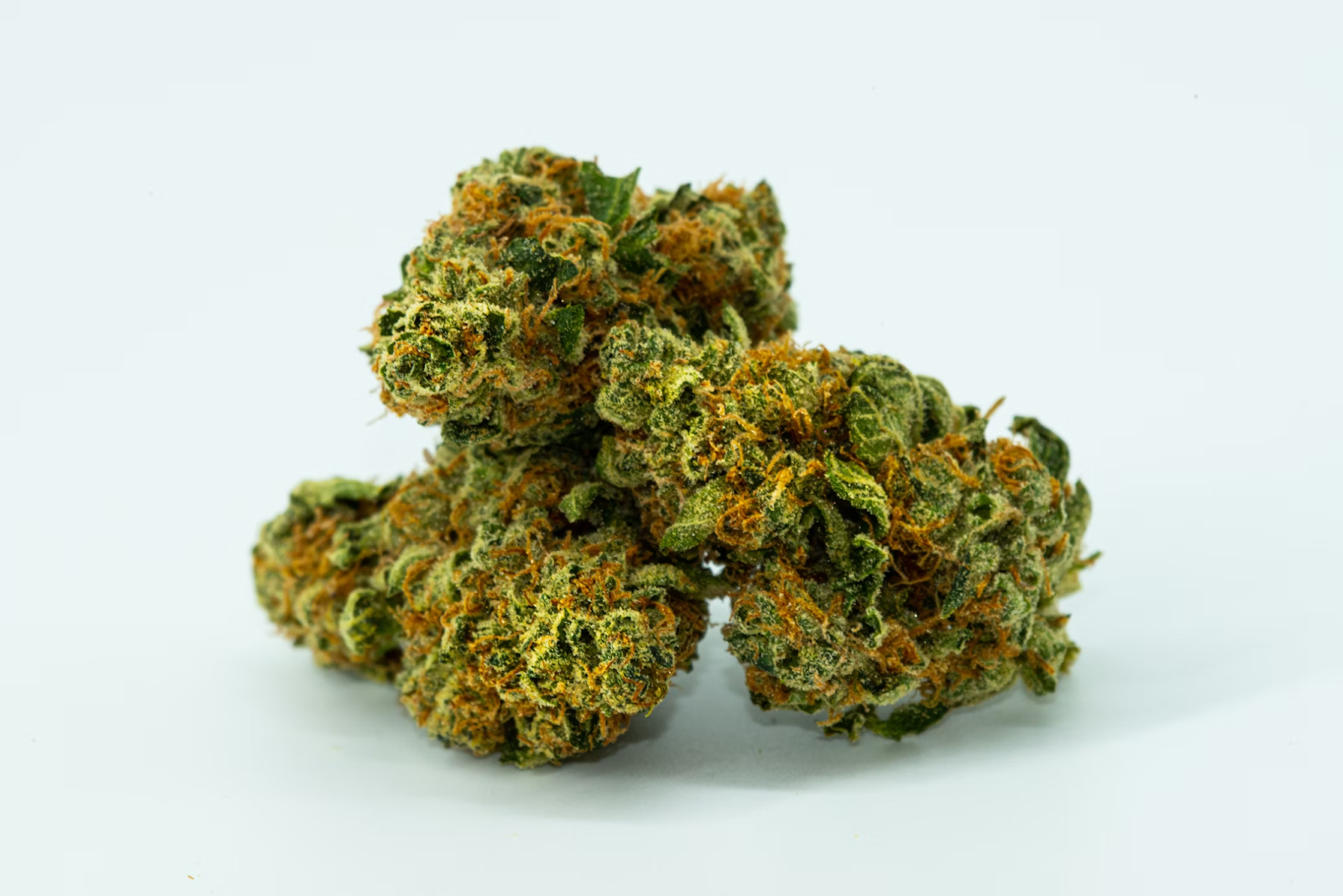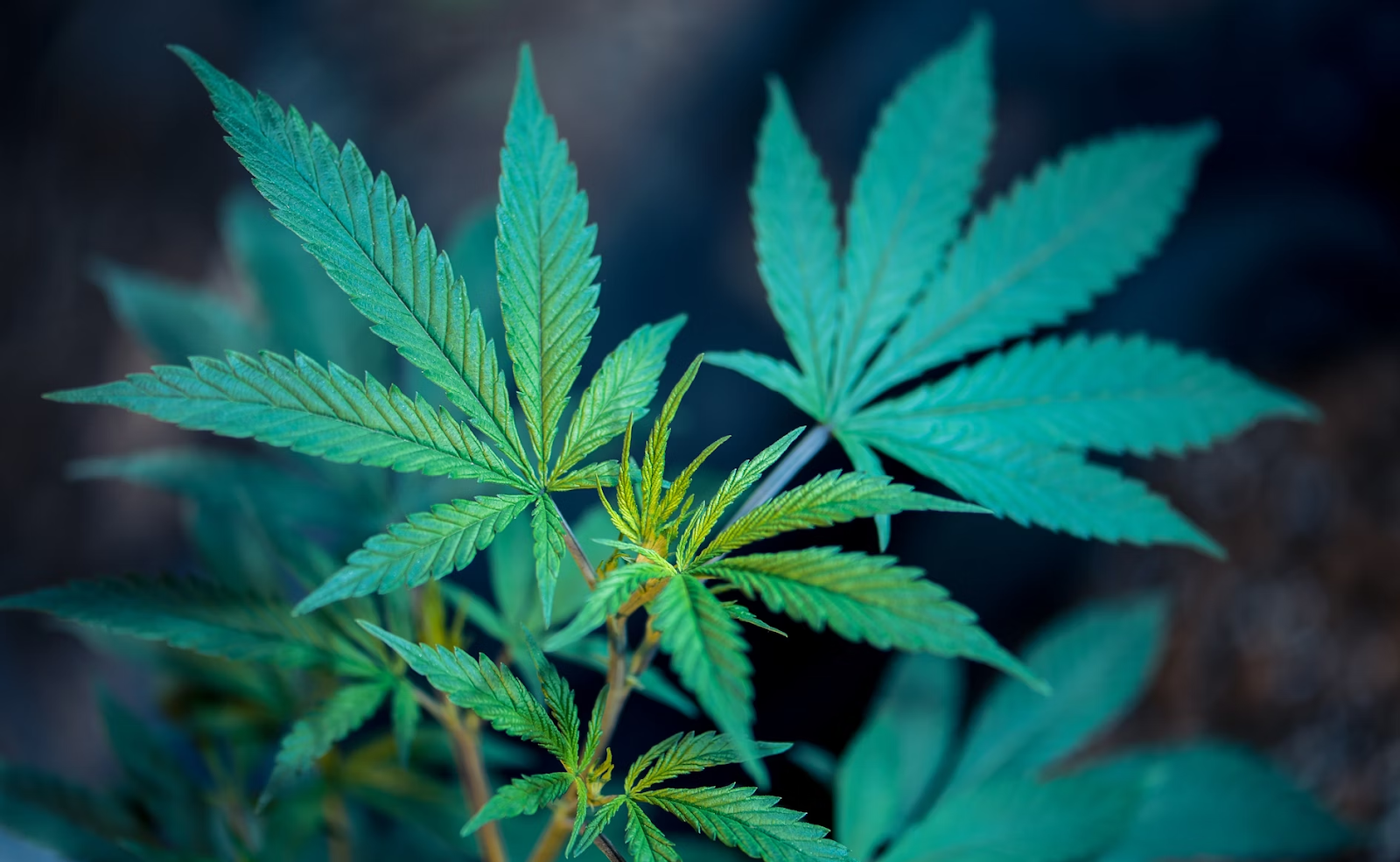Tetrahydrocannabinol (THC) is the primary psychoactive compound in cannabis, responsible for its euphoric and therapeutic effects. Determining the appropriate THC dosage is crucial for achieving desired effects while minimizing potential adverse reactions. Several factors influence THC dosage, including individual tolerance, consumption method, product potency, and desired outcomes.

Factors Affecting THC Dosage
The major factors controlling your THC dosage consumption are as follows:
1. Tolerance Levels
Individual tolerance significantly impacts how one responds to THC. Novice users typically have lower tolerance levels and may experience stronger effects from smaller doses compared to regular users.
2. Product Potency
THC potency varies among cannabis products. Flowers, concentrates, edibles, and tinctures have different THC concentrations. Understanding the potency of the product is crucial for accurate dosing.
3. Consumption Method
The method of consumption affects how quickly THC enters the bloodstream and its intensity. Smoking or vaporizing with the help of a good thc vape pen results in rapid onset but shorter duration, while edibles or tinctures have a slower onset but longer-lasting effects.
4. Desired Effects
Determining the purpose for consuming THC—whether for medicinal or recreational purposes—affects dosage. Medicinal users often require specific dosages to manage symptoms, while recreational users seek varied effects, like relaxation or euphoria.
Calculating Dosage
You need to calculate the dosage and then consume it accordingly:
1. Start Low and Go Slow
For beginners or those unsure of their tolerance, it’s advisable to start with a low THC dosage and gradually increase. This approach helps gauge individual reactions and find the optimal dosage.
2. Product Labeling
Review the product’s packaging or lab results to determine THC content per serving. This information assists in calculating an appropriate starting dosage.
3. THC Tolerance Calculation
Consider personal tolerance and experience with cannabis. For beginners, a starting dosage of 1-5 mg of THC is recommended. Regular users may require 5-15 mg for mild effects, while seasoned users might opt for 15-30 mg or higher.
4. Titration Method
When using edibles, which have a delayed onset, it’s crucial to wait at least 60-90 minutes before considering additional doses. The slow digestion and absorption of THC in edibles often lead to users consuming more than necessary, resulting in overwhelming effects.

Dosage by Consumption Method
Different consumption methods call for different dosages, which usually include the following:
- Smoking or Vaping: The effects of inhaled THC are felt almost immediately but diminish within 1-3 hours. For beginners, a single inhalation delivering around 2-5 mg of THC is a cautious starting point.
- Edibles: Edibles require careful dosing due to their delayed onset and potentially stronger effects. Start with 2.5-5 mg of THC for beginners. Wait at least 90 minutes before considering further consumption to avoid overindulgence.
- Tinctures: Tinctures offer precise dosing with a dropper, making it easier to control intake. Begin with 2.5-5 mg of THC and adjust as necessary after gauging individual response.
- Topicals: Topical THC products, such as creams or balms, are used for localized relief without psychoactive effects. Dosage depends on product concentration and area of application, typically ranging from 2-100 mg per use.
Monitoring Effects and Adjusting Dosage
Once you start consuming THC, it is crucial that you adjust and monitor all the dosage based on recommendations. Some of the prime factors to consider are as follows:
- Note Individual Response: Pay attention to how the body reacts to THC dosage. Factors like body weight, metabolism, and overall health can influence how THC is metabolized and its effects.
- Wait Between Doses: Especially with edibles, allowing ample time between doses is crucial. Rushing to take more before the effects fully manifest can lead to excessive consumption.
- Keep a Dosage Journal: Maintain a journal to record THC intake, effects experienced, and any side effects. This log helps in identifying optimal dosages for specific purposes and avoiding adverse reactions.
- Adjust Gradually: Based on observed effects, adjust dosages slowly. Incrementally increase or decrease dosage by 2.5-5 mg increments until achieving the desired effects without discomfort.
- Physical and Mental Effects: Pay attention to both physical and mental effects of THC. Note changes in mood, perception, relaxation, or any discomfort such as headaches or dizziness.
- Time and Duration of Effects: Record the onset time and duration of THC effects for different consumption methods. Understanding how long the effects last helps in planning and adjusting future dosages.
- Effect on Sleep: Observe how THC affects sleep patterns. For some, it may aid in relaxation and sleep, while for others, it might disrupt sleep quality. Adjust dosages if sleep patterns are affected negatively.
Safety Precautions
THC consumption requires following proper safety patterns. Some of the major considerations are as follows:
1. Store Products Securely
Keep cannabis products out of reach of children and pets in child-resistant packaging to prevent accidental ingestion.
2. Know Legal Limits
Adhere to local regulations and legal limits regarding THC possession and consumption to avoid legal repercussions.
3. Avoid Mixing Substances
Combining THC with alcohol or other substances can intensify effects and increase risks of adverse reactions. Avoid mixing substances for safety.
4. Seek Professional Advice
For medicinal use or if uncertain, consult healthcare professionals or budtenders at dispensaries to receive personalized guidance on THC dosing.
5. Pregnancy and Breastfeeding
Consult healthcare professionals before using cannabis products if pregnant or breastfeeding. Studies suggest potential risks to fetal development and infant health from exposure to THC.
6. Consistent Dosage Times
Maintain consistency in dosage times to regulate effects and minimize unexpected reactions. Establishing a routine helps in managing THC intake and its effects on daily activities.
7. Check for Interactions
Individuals using medications or with pre-existing health conditions should consult healthcare providers. Cannabis may interact with certain medications, altering their effectiveness or causing adverse reactions.

Final Thoughts
Determining the right THC dosage involves a combination of understanding personal tolerance, product potency, consumption method, and desired effects. Starting with low doses, monitoring individual responses, and adjusting gradually are key practices to find the optimal THC dosage for a safe and enjoyable experience.
By considering these factors and practicing responsible consumption, individuals can navigate THC dosages effectively to experience the benefits of cannabis while minimizing potential risks.

